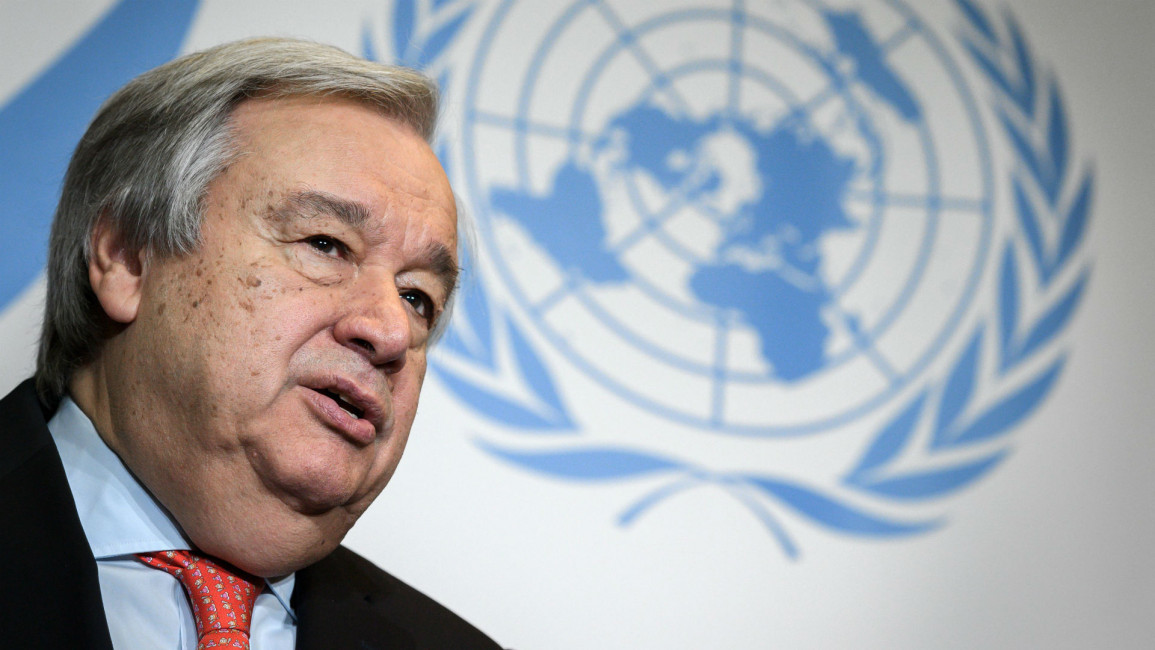The existing authorisation for the program - which began in 2014 - is set to expire July 10.
Germany and Belgium have submitted a draft resolution to request an extension from the Security Council, though Russia and China say such a move would infringe on Syria's national sovereignty.
Continuing to deliver humanitarian aid to northwestern Syria, including the Idlib region, will require the use of the Bab al-Salaam and Bab al-Hawa crossings along the Syrian-Turkish border for the next 12 months, Guterres said in the report.
"The cross-border operation is a lifeline for millions of civilians whom the United Nations cannot reach by other means," he wrote.
"Cross-line assistance is currently not a viable alternative and a sustained, large-scale cross-border response will continue to be necessary to meet the enormous humanitarian needs in the northwest," Guterres said in response to Moscow's suggestion that humanitarian aid can be routed through Damascus.
"May 2020 recorded the highest total number of United Nations humanitarian aid trucks crossing per month since the establishment of the mechanism in 2014," according to the UN chief, "with 1,781 trucks crossing from Turkey."
Aid from the UN's World Food Program (WFP) alone reaches 4.5 million per month.
According to Guterres, most of the medical facilities in the northeastern part of the country that relied on deliveries from cross-border shipments from the Yarubiyah crossing have not been able to receive what they need since its Russia-imposed closure in January.
Read also: Syria Insight: Suweida's autonomy threatened by new economic uncertainties
NGOs are running out of supplies just when they are needed most due to the Covid-19 pandemic, Guterres said, advocating for using both cross-border and Syrian regime-deployed aid.
He also pointed out the deteriorating economic situation in Syria, saying that the WFP estimates that 9.3 million people are currently experiencing food insecurity.
The UN Security Council voted in January to renew cross-border aid to Syria but under pressure from Russia it scaled back the program, reducing authorized border crossing points to two from four and decreasing the re-authorization period to six months from a year.
After a series of concessions by Western countries, the resolution extending the aid was passed by 11 votes in favor and four abstentions: Russia, China, the United States and Britain.
Follow us on Facebook, Twitter and Instagram to stay connected



